Warning Signs of Oral Cancer
 A cancer diagnosis is one of the most feared medical diagnoses. Over half a million people in the United States alone die each year of cancer, making it the second leading cause of death in the U.S. Early diagnosis is one of the most important factors for effective treatment and helping to shorten treatments for battling this devastating disease. Oral cancer is an extremely scary form of cancer due to its fast progression, likelihood of causing deformities, and high death rate. Knowing the early warning signs of oral cancer is important so that early intervention can be put into place. It is vital that you understand the warning signs of oral cancer so that you do not ignore dangerous indications that something serious is going on.
A cancer diagnosis is one of the most feared medical diagnoses. Over half a million people in the United States alone die each year of cancer, making it the second leading cause of death in the U.S. Early diagnosis is one of the most important factors for effective treatment and helping to shorten treatments for battling this devastating disease. Oral cancer is an extremely scary form of cancer due to its fast progression, likelihood of causing deformities, and high death rate. Knowing the early warning signs of oral cancer is important so that early intervention can be put into place. It is vital that you understand the warning signs of oral cancer so that you do not ignore dangerous indications that something serious is going on.
Oral cancer has an ominously high death rate. In the past 10 years alone, more than 50% of those who were diagnosed with oral cancer passed away within five years of their diagnosis. This is a significantly high death rate, and it can be contributed to two disturbing factors: 1) late discovery, and 2) a refusal to alter lifestyle habits.
The leading cause of oral cancer is the use of tobacco products. The ingredients in tobacco and the habit-forming properties that cause a high frequency of use lead to very dangerous consequences. Not only that, but it is widely understood that tobacco users are much less likely to visit the dentist on a regular basis. All of these factors combine to make the death rate of oral cancer so high. The infrequency of dental visits causes tobacco users to overlook and/or ignore warning signs of oral cancer.
The warning signs of oral cancer, and signs that require immediate dental care include:
- White spots or patches inside the mouth
- Tenderness, pain, or numbness in the mouth or lips that does not resolve
- A sore in the mouth that does not heal
- A sore in the mouth that bleeds easily
- A change in your voice that is not associated with a cold or allergies
- A persistent ear ache
- Bleeding inside the mouth
- A lump or thickening on the cheek or neck
- A thick or rough spot inside the mouth
- Difficulty chewing, swallowing, or speaking
Quitting and/or avoiding all tobacco usage is the best choice that you can make for your oral health. Making regular dental visits a priority is your second-best choice. Contact Dr. Wayne G. Suway for any oral health care concerns, especially if you have any warning signs of oral cancer.
Posted on behalf of
1820 The Exchange SE, #600
Atlanta, GA 30339
Phone: (770) 953-1752
FAX: (770) 953-6470
Mon - Thu: 8:30 AM – 5:30 PMClosed for lunch: 12:30 PM - 1:30 PM









